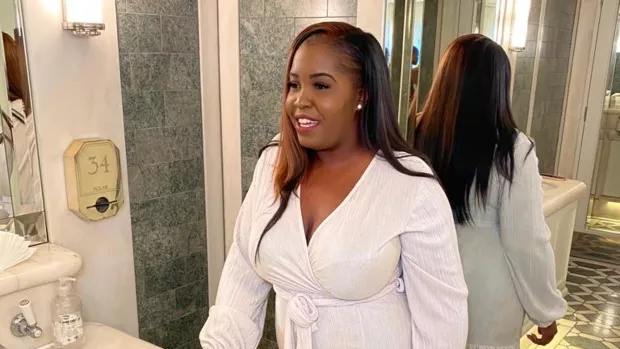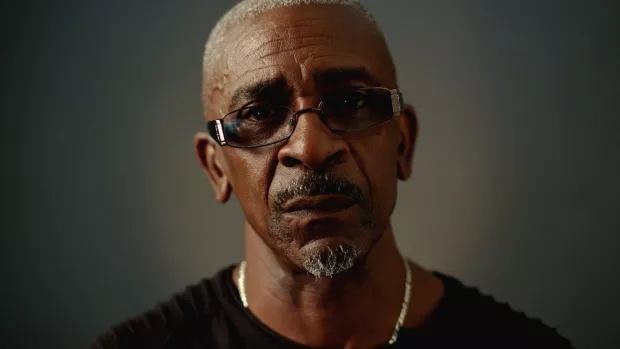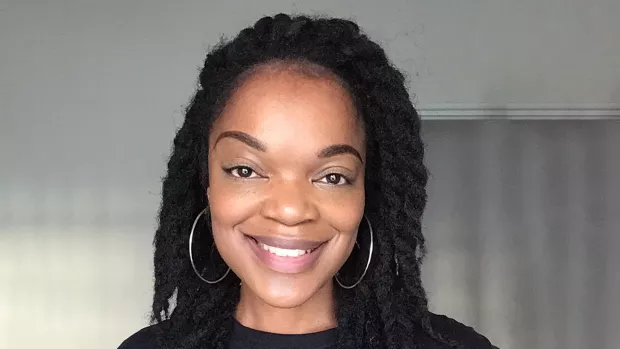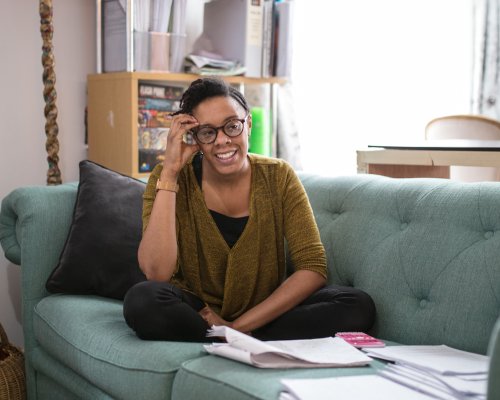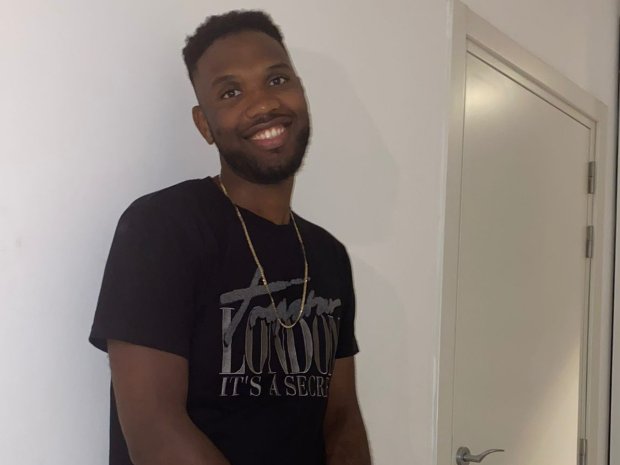
Making a difference through unity and community
Jordan Williams is 29 and lives with relapsing remitting MS. He tells us about his experiences as a young, disabled Black man and his hopes for the future.
My MS journey had many ups and downs at the start. But the downs usually came from confusion about not understanding what was going on at the time. MS is different for everyone. And as I type this I can honestly say it gets easier when you understand your symptoms.
For me, being Black is a struggle as it is. But having a disability on top of that and being young is another obstacle. This is why my voice will be heard. And I will try my hardest to inspire everyone while I’m on my journey.
Aside from getting treatment, speaking to other people with MS can help. When I got diagnosed I said “I want my voice to be heard”. And after two years of keeping myself on mute, I’ve finally made the effort to be heard.
Why using our voices is important
Being Black, we need to unite and speak in our communities. This is not a condition we need to feel like we have to suffer with in silence. When I was first diagnosed, I thought I was alone. But after doing some digging, I found out a lot of people in my community had MS, but never spoke about it. It’s a lot more common than I realised. I do feel like the young Black community are open to speaking about MS. But I feel the older generations can be more reluctant to speak about it.
Having a disability and being Black can put all of us in a situation where it comes across we are exaggerating symptoms even though everyone has different symptoms. To me, Black people are treated differently. And unfortunately, I feel the Black community has been painted with the same brush.
Being disabled and Black can make it seem like we’re exaggerating our symptoms. But our experiences are valid and will be different from person to person. And, unfortunately, I think the Black community is treated differently to the white community.
Read more about structural racism in health outcomes for people with MS
Changing the way society sees Black disabled people
I had an upsetting experience around a month ago while I was out with my wife, Laura. I was just coming around to the idea of using disabled toilets and adjusting to my bladder issues. I used the radar key which opens any locked disabled toilets. And when I was finished in the toilet, I was greeted by two employees from the fast food restaurant. They started shouting “you must not use that toilet” and “you have to use the one upstairs.”
Now I’ve got everyone in the restaurant looking at me. And the vibe I got from the crowd and the staff was “look at this young Black guy taking liberties, nothing’s even wrong with him.” This was very upsetting for me. I currently suffer from a neurological bladder, which means I have incontinence and continence issues (one minute I can hold the urge, one minute I can’t).
Read more about MS and bladder issues
I usually work in outdoor spaces with no immediate access to a toilet. And one time, I had the urge to ‘go’. I was in a car park because I was let in by a customer to complete a job when I suddenly felt the urgent need to urinate. So I quickly found the member of staff I saw working in this car park I was in.
I explained my situation, politely asked to use the toilet and also showed my MS card. The card also explains my situation. The toilet was less than a meter from me. But the lady was more interested in how I got into the car park and asked me to sign in. By this point, I’d rushed back to my work van and, luckily, sorted myself out.
But as I came out the van I was greeted by security staff and the customer I was helping. And it felt like the spotlight was on me and I needed to explain my situation. This all started with me simply needing to use the toilet.
I feel like if I wasn’t Black or disabled, both situations would’ve been handled differently. And this makes me sad because being Black and having MS are two things out of my control.
The need for a better healthcare system
I’m now in my third year of having MS. And even though my bladder issues were the first symptoms I experienced, I’m only now just getting help for it. I’ve also only just been given an MS nurse.
I’ve been following things up for three years which is a long time. And it makes me sad to think about where I’d be if I hadn’t been so persistent. I feel like this is the failure of medical professionals and the healthcare system.
This is a condition that can progress over time and you can’t estimate how long that might take. Yes, we have treatments that can slow down progression for some. But they shouldn’t also slow down the process of getting help from medical professionals.
I was told at the start of my journey that everyone suffers with this condition in different ways. But the care and support we get needs to be tailored to suit our individual needs. And this means thinking about things like skin colour and type of disability.
Together, we’re stronger
To all the young Black men like myself, we all need to stand up for each other. It’s so hard already without having this disability, but we need to unite and let our voices be heard. I know supressing challenging experiences can take a toll on your mental health. And I worry about other people going through the same thing.
We need to make a difference, not just for us, but for the next generation that might also face MS. Time for change. Action, not words.
